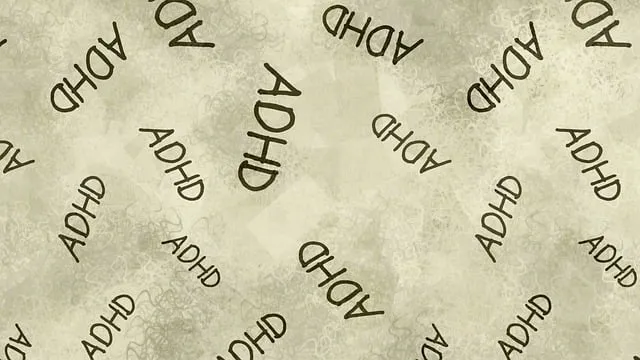Stress Management Workshops designed for diverse audiences, like employees at Boulder Kaiser Permanente mental health center (reviews), must include structured planning with specific learning objectives. Key components are an introduction to stress management concepts, interactive sessions on mood regulation and conflict resolution, and practical strategies. Engaging content, including group discussions and mindfulness exercises, caters to various learning styles. Incorporating self-care practices enhances workshop effectiveness. Success is measured through evidence-based feedback assessments and tailored future sessions. Boulder Kaiser Permanente reviews its programs for continuous improvement and extends community outreach.
At Boulder Kaiser Permanente mental health center, we understand the profound impact of stress. That’s why we organize stress management workshops designed to equip individuals with effective coping strategies. This article delves into the art of planning and structuring these workshops for optimal engagement. We explore engaging content and interactive techniques proven to enhance learning outcomes. Additionally, we emphasize measuring success through feedback mechanisms, fostering continuous improvement in our program, as evidenced by positive Boulder Kaiser Permanente mental health center reviews.
- Planning and Structure for Effective Stress Management Workshops
- Engaging Content and Interactive Techniques to Enhance Learning
- Measuring Success and Continuous Improvement Based on Feedback
Planning and Structure for Effective Stress Management Workshops

When organizing stress management workshops, meticulous planning and a well-structured format are key to ensuring their effectiveness. A successful workshop should begin with defining specific learning objectives tailored to the target audience’s needs, whether employees at Boulder Kaiser Permanente mental health center reviews or participants from diverse backgrounds. This step is crucial in guiding the content delivery and ensuring the session aligns with attendees’ expectations.
The structure should include an introduction that sets the tone and provides a brief overview of stress management concepts. This can be followed by interactive segments covering topics like mood management, conflict resolution techniques, and practical strategies for everyday application. Incorporating breaks between sessions allows participants to reflect and absorb information, enhancing overall engagement. Facilitators should also leave ample time for questions and discussions, fostering an environment where individuals feel comfortable sharing their experiences and learning from one another.
Engaging Content and Interactive Techniques to Enhance Learning

Engaging content is key to successful Stress Management Workshops Organization. Incorporating diverse techniques that cater to different learning styles ensures every participant can actively engage and retain information. At the Boulder Kaiser Permanente mental health center, reviews highlight the effectiveness of their programs, which often include interactive elements like group discussions, mindfulness exercises, and role-playing scenarios. These hands-on approaches foster a deeper understanding of stress management strategies, encouraging participants to apply what they’ve learned in their daily lives.
Furthermore, integrating Self-Care Practices into the curriculum enhances overall workshop effectiveness. Healthcare Provider Cultural Competency Training, for instance, equips professionals with the sensitivity and skills to address stress-related issues within diverse patient populations. By combining engaging content with interactive techniques, these workshops not only benefit individuals seeking personal growth but also contribute to a more compassionate and culturally competent healthcare system.
Measuring Success and Continuous Improvement Based on Feedback

Measuring success is a vital component of any workshop initiative, especially when it comes to stress management, where continuous improvement can significantly impact participants’ well-being. At Boulder Kaiser Permanente mental health center reviews, we take pride in our evidence-based approach to evaluating the effectiveness of our programs. We believe that gathering and acting upon feedback is essential for growth. Through regular assessments, we gauge participant satisfaction and identify areas for enhancement, ensuring our workshops remain relevant and impactful.
The process involves analyzing post-workshop evaluations, where attendees provide insights into their experience. This data is a powerful tool for understanding the program’s strengths and weaknesses. By incorporating this feedback, we can tailor future sessions to address specific needs, be it integrating additional coping strategies or adapting content to cater to diverse cultural backgrounds as part of our Cultural Sensitivity in Mental Healthcare Practice. Moreover, the center’s commitment to community engagement extends beyond the workshop hall; we also measure success through the Community Outreach Program Implementation, ensuring our initiatives resonate with and benefit the broader community.
Stress management workshops, carefully planned and executed as outlined by this article’s sections, can significantly contribute to the well-being of individuals at places like Boulder Kaiser Permanente mental health centers. By engaging participants with interactive techniques and measuring success through feedback, these workshops become powerful tools for enhancing mental health. As reviewed by satisfied attendees, such structured programs are game changers in navigating life’s stressors.






